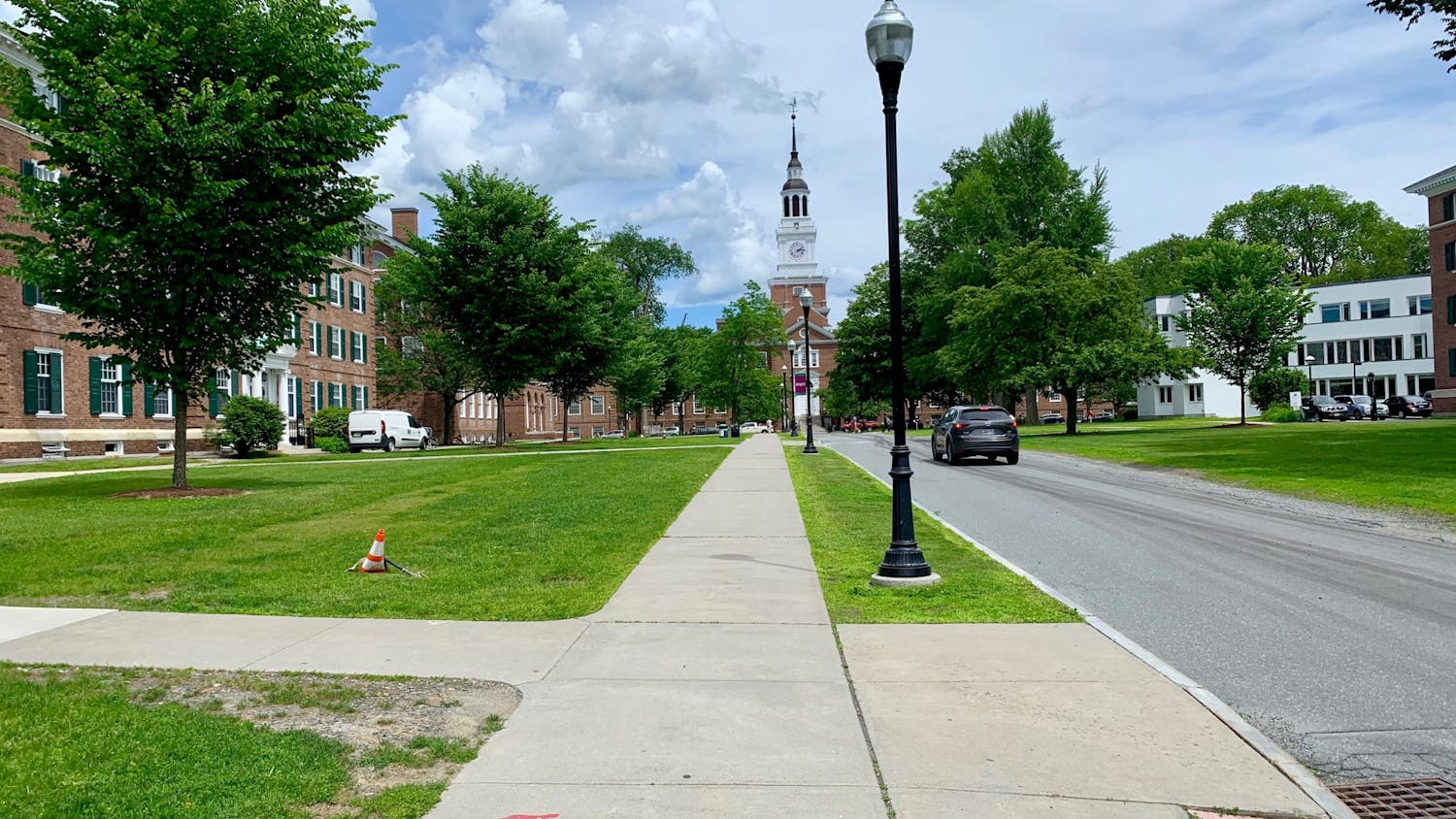Shortly after 4 p.m. on Jan. 6, as law enforcement worked to secure the Capitol from a Trump-incited insurrection, the Associated Press projected that Democrat Jon Ossoff had won the U.S. Senate runoff election in Georgia. Ossoff and fellow Democratic senator-elect Raphael Warnock notched key victories in the previously red state, delivering the party a majority in the Senate — thanks, in part, to a consistent closing message advocating $2000 stimulus checks for all Americans.
A survey from the progressive polling group Data for Progress showed 81% of voters nationwide, when presented with both alternatives, preferred the $2000 checks to $600 payments, while 63% of Georgia voters said a candidate’s support for hypothetical $1200 stimulus payments would make them more likely to support that candidate.
When President-elect Joe Biden’s administration is sworn in, approving the stimulus checks must be one of the top priorities. Despite reservations from some economists who argue the relief fails to target the people who need it most, the large direct payments will still provide economic benefit. More targeted relief could’ve taken maximum advantage of the so-called multiplier — those in most need will spend any benefits and put all the money back into the economy. Still, universal $2000 checks will get a sizable amount of spending going, and major economic relief is needed since the economy will likely continue to struggle until vaccines are widely distributed. It’s these types of solutions that should be the hallmark of the narrow Democratic trifecta for the next two years — trading in perfect, expert-approved policies for good ones with widespread political support.
Something truly remarkable happened in Georgia: Ossoff and Warnock stuck to their guns despite Obama-era economic luminaries fretting over direct stimulus. Lawrence Summers and Christina Romer — top administration economists during the Great Recession — worried that the stimulus checks weren’t targeted enough or that some recipients wouldn’t truly deserve the money. The critics make valid points — and in a world of perfect policy, the relief could’ve been more precisely earmarked. But we don’t live in such a world — in order to pass any legislation, you actually need to win elections. If Democrats embraced a technocratic policy appealing to economics professors at Harvard University and the University of California, Berkeley, they could have seized the policy high ground — and run the risk of losing both Georgia races, allowing Senate Majority Leader Mitch McConnell, R-Ky., to obstruct future aid.
Keeping an eye for what’s politically popular doesn’t mean embracing full-scale populism. The voices of experts need to still be considered in crafting policy, and Democrats shouldn’t pass popular-yet-harmful measures just to win votes in the short-term. But as some experts themselves have acknowledged, the ideal solution often has to bend to the political will.
As demonstrated by the recent elections in Georgia, Democrats are finally waking up to this reality. The pandemic has increased the party’s willingness for bold action — and they only need look back at recent history to remember what happens when the public is angry at the party in power. In President Barack Obama’s first term, when the Democrats last held unified control of government, the party went on to lose a whopping 63 House seats in the 2010 midterms, the greatest midterm election shift since 1938. Though parties do tend to face general headwinds in midterm elections, there was at least one area where they could’ve paid more attention to the politics — Wall Street and finance. Obama’s economic measures helped staved off a depression, but didn’t include the more popular measure of temporarily nationalizing and restructuring the banks, which had a decent level of expert backing. At a time when Wall Street was extremely unpopular, such a step might’ve helped Democrats stave off the worst electoral carnage while accomplishing a needed reform of the financial system.
Like in 2009, there is now an urgent need for solutions for our greatest problems, from the ever-growing threat of climate change to stagnating standards of living for the middle class. Not all this country faces can be solved in the next two years — and that’s why it's essential to build political momentum and continue winning further support, lest we fall into another era of divided government and gridlock.
The good news is that, beyond pandemic relief, there are plenty of good, popular ideas for Democrats to start with. Many ideas in this sweet spot happen to align with existing progressive goals, giving them a number of champions already in Congress. Polls have found widespread support for goals such as raising the minimum wage to $15, passing paid family leave and securing tuition-free public higher education. Is there a downside? Sure. Minimum wage increases generally raise the standard of living but force businesses to adjust to higher costs. Free higher education, meanwhile, provides a benefit to some wealthy families who could afford full tuition. The traditional Democratic approach might be to haggle out a list of exemptions and conditions, as Hillary Clinton did in her 2016 education plan. But “Free College for Some, Terms and Conditions Apply” is not the inspiring policy which can produce the groundswell of public support Democrats need.
Despite extreme levels of polarization in the country, popular movements really can help achieve needed policy victories. President Donald Trump won in Florida, but the state voted decisively to raise the minimum wage to $15. If a red-leaning state can pass a progressive Democratic policy, then there’s no excuse why the Democratic Congress shouldn’t be able to as well. So, let’s start with the $2000 checks — and then keep going, delivering an agenda which makes a real difference and inspires popular support.


